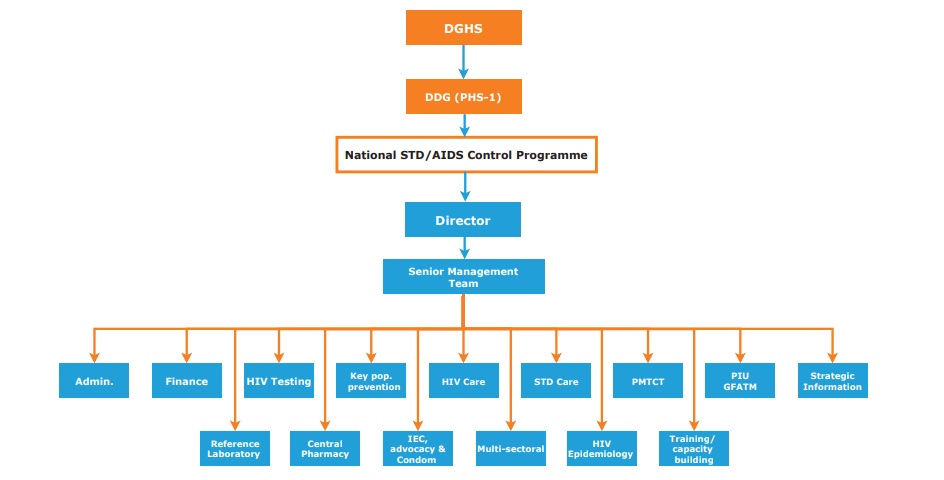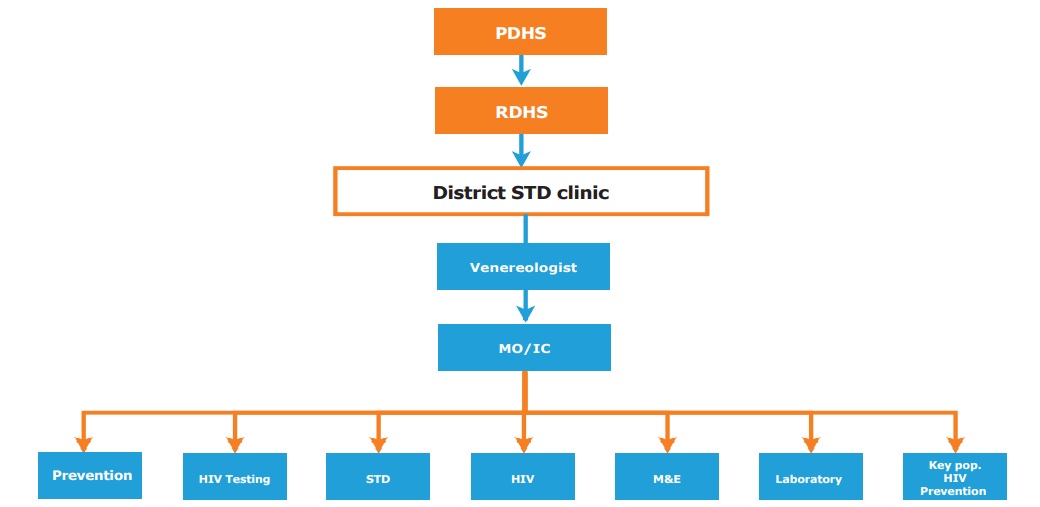What is Post Exposure Prophylaxis following Sexual Exposure (PEPSE)?
PEPSE is a course of anti-retroviral pills that can be taken to prevent HIV infection following unprotected sexual exposure with a partner alleged to have an HIV infection. It can be taken if you had a condom breakage or unprotected sex.
The course of drugs should be started as early as possible following the risky exposure preferably within 24 hours and not after 72 hours. It is important to know that PEPSE is not a ‘morning after pill’ for HIV and is not a substitute for safe sex with condoms. It’s meant as an emergency measure to be used as a last resort, such as if a condom fails during sex. Taking PEP will not protect you from other sexually transmitted infections or unplanned pregnancies.
How does PEPSE work?
If HIV gets inside the cells of our body due to unprotected sex, it takes about 72 hours to spread to the whole body and establish an infection. PEPSE works by stopping the replication of the virus after exposure. You need to continue the same treatment for 28 days. PEPSE with a combination of three anti-HIV (antiretroviral) drugs (Tenofovir DF and Emtricitabine with Raltegravir/Dolutegravir/Efavirenz/Lopinavir/r) are highly effective in preventing HIV infection if taken correctly.
Who needs PEPSE?
If you have a condom that has broken or slipped during sex, or if you have had unprotected sex with someone who is HIV positive, call or visit the nearest STD clinic as soon as possible ideally within 72 hours. The doctor will do an assessment and discuss whether PEPSE medication would be suitable for you. He or she will counsel you regarding the PEPSE.
- HIV tests: Rapid and Eliza tests.
- Kidney function: test for protein in urine/UFR
- Kidney function: test for creatinine and eGFR in the blood
- Liver function tests
- Hepatitis B and C: blood tests
- Screening for sexually transmitted infections
- Gonorrhoea cultures from the Anus, throat and urethra
- Chlamydia trachomatis PCR from Anus throat and Urine.
- VDRL and TPPA for Syphyllis
- Urine Pregnancy test if applicable
Colombo /central clinic: 0112667163 / 0703533633




